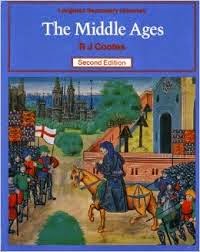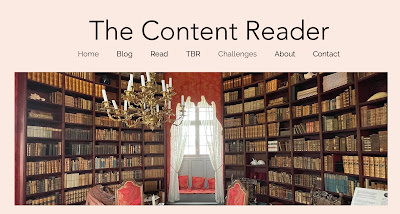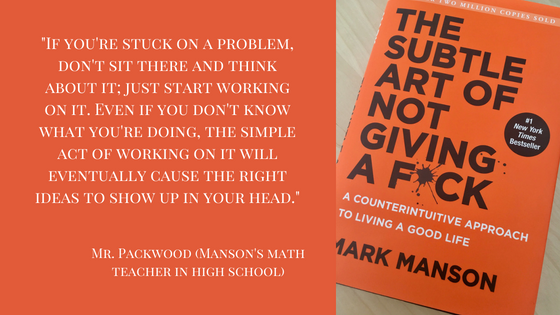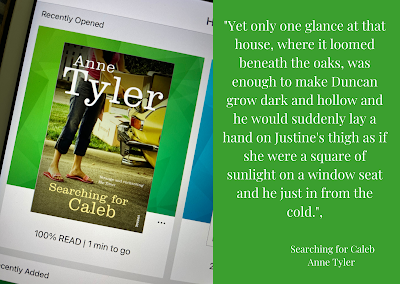
While cleaning my book cases in Mallorca, I found this book about the Middle Ages. It is always
good to dust the books from time to time. I, at least, usually find an interesting book, I forgot I had. Since I have recently found myself in the Middle Ages, it seemed like an omen. Being a book for secondary students, it was very easy to read, very pedagogic (it even explains very simple things that you think one would know in general), and very interesting.
The book covers all areas of the society like; Monks and Missionaries, Byzantines, Arabs and Franks, Saxons and Vikings, England United - and Conquered, Norman and Plantagenet, The Sword and the Cross, Kings and Rebellious Lords, Village and Town, The Break-up of Feudal Society. It ends around the mid-15th century, just before Richard III times' which I studied lately.
Here some 'tit-bits' of information that I found interesting.
The Anglo-Saxons, or English, came from the continent of Europe which is today part of Denmark and Germany. Originating from three different barbarian tribes (barbarians is the word the Romans used for all foreigners, and not the meaning we put into it today which is a brutal, uncivilised person) - Angles, Saxons and Jutes. The Frisians, who also migrated to England, lived in an area which is now the Netherlands. There is a link between the language spoken by the English settlers and those spoken by the Frisians, so the experts know that they intermingled and the modern English language has developed from the different peoples and dialects.
Bede was a scholar and monk who wrote
History of the English Church and People, completed in 731. Most of what we know today from this time and 300 years back, derives from his book. He was given the name ‘Venerable’ Bede, meaning worthy of respect. He died in 735.

When the Roman empire split into two in the 6th century the other capital moved to Constantinople.
Corpus Juris Civilis (Body of Civil Law) is still in use today. We can also thank him for the magnificent Santa Sophia church, which can still be visited today.
It would turn out to be the downfall for Rome and the glory of the Byzantine empire. Justinian became emperor of this eastern part, and was one of the greatest of them. The last emperor to speak Latin, he was a conquerer, but is today mostly remembered as a reformer of Roman law. His
The Arabian world was at this time a highly developed civilisation. Although they occupied Spain and Sicily, they also gave us, among other things, the nine ‘Arabic’ numerals that we still use today (they came originally from India). The zero made it possible to arrange numbers in columns representing tens, hundreds and so on, and this idea possibly came from China. It was described in a 9th century book by Muslim, Al-Khawarizmi. He was also one of the inventors of algebra, which in Arabic is called
al-jabr.

Beowulf was the big bestseller at this time. It was written in England some time between the 8th and the early 11th century, by an anonymous Anglo-Saxon poet. It is possibly the oldest surviving long poem, as well as the the most important one in Old English. Beowulf is set in Scandinavia. He is a hero the the Geats and comes to the aid of the Danish king. Grendel is a monster that has been attacking the king's mead hall in Heorot, and Beowulf slays him. Grendel's mother tries to revenge him but is also beaten by Beowulf. I read the book back in 2012, and it is a real saga, with the hero fighting the dragon!
From Beowulf it is natural to pass over to the Vikings, which made the
coasts of England unsure in the 8th and 9th centuries. They were masters of the sea and used boats that nobody had ever seen before. In the Gokstad ship, found close to Oslo in Norway and now in a Norwegian museum, there is a sample of such a boat. It had a proper keel or ‘backbone’ made of a single length of oak. It was strong and could stand both a mast and a big sail. The steer-board, or rudder, was shaped like the blade of an oar and fixed on the right-hand side of the hull near the stern. This side of the ship is today called starboard and the word derives from the Viking's steer-board.
 |
| The steer-board as a cross in the back. |
In 1453, while the Hundred Years War was ending in France, a dramatic event took place on the other side of the Continent. The great city of Constantinople was besieged and finally captured by Muslim Turks. The thousand-year-old-Byzantine Empire was no more. Some of its finest scholars had already fled to Italy, where their knowledge helped to bring new ways of life and thought into the West. The fall of Constantinople was therefore both an end and a beginning.

The scholars of Constantinople had preserved the learning of ancient Greece. We do the same today by keeping medieval customs and beliefs alive, even if we don't always realise it. We worship in the great medieval churches and cathedrals (even if we don't all worship, we enjoy the beauty of the buildings during a tourist trip!). The Catholic Church is still the largest of all the Christian communities. Most of us live in towns and villages that saw the light during Medieval times. Even the names we have reminds us of medieval trades and occupations.
We often call the Middles Ages “The Dark Ages”. When you start reading more about it you realise that this is not true. It was not a dark age. It was an age of developments and learning. Unfortunately, it was also the age of the bubonic plague which killed so many of the populations of Europe. However bad it was, it also made people and rulers change their way of viewing life. It helped to give people a better life. When workers are short they can dictate the conditions. When you go further into the lives of the first settlers, the Vikings, the Arabs and so on, you find so many interesting things and evidence that show that they were far ahead. Many years ago I read Barbara Tuchman’s book
A Distant Mirror. My idea of the Middle Ages has never been the same since.










Comments
Post a Comment